Therapy for Grief & Loss
Finding a Path Through the Pain
Losing someone or something important changes everything. The world moves on, but your heart still aches. Whether your loss was recent or years ago, grief can feel overwhelming, unpredictable, and deeply personal. There is no “right” way to grieve—only your way.
But you don’t have to navigate it alone. Therapy can help you process your loss, find ways to cope, and, in time, rebuild a life that honors what you’ve lost while allowing you to move forward.
When Is It Time to Get Therapy for Grief?
Grief is a natural part of loss, but sometimes, the pain feels too heavy to carry alone. You might benefit from therapy if:
✔ You feel stuck in grief, unable to move forward even though time has passed.
✔ Your emotions are overwhelming or unpredictable—waves of sadness, anger, guilt, or even numbness.
✔ You’re struggling with daily life, finding it hard to focus, work, or engage with others.
✔ You feel disconnected from those around you, as if no one understands your pain.
✔ You experience intense longing, regret, or self-blame about the loss.
✔ Your grief is affecting your physical health, leading to sleep issues, exhaustion, or body aches.
If grief is holding you back from living, therapy can provide a safe, compassionate space to work through your loss at your own pace.
What Does Therapy for Grief & Loss Look Like?
Grief isn’t something to “get over”—it’s something to move through. Therapists help by guiding you through the tasks of mourning, based on Worden’s Four Tasks of Grief, which provide a gentle, structured approach to healing:
1️⃣ Accepting the Reality of the Loss – Facing the truth of what happened, at a pace that feels right for you.
2️⃣ Processing the Pain of Grief – Exploring emotions like sadness, anger, guilt, or relief, without judgment.
3️⃣ Adjusting to a World Without Your Loved One – Navigating life changes, identity shifts, and daily realities after loss.
4️⃣ Finding a Meaningful Connection While Moving Forward – Learning how to honor and remember your loved one while continuing to live.
At Time for Therapy, we use emotion-focused, compassionate approaches that honor your unique grief journey:
💙 Emotion-Focused Therapy (EFT) – Helps you fully feel and process grief instead of pushing it away.
🌿 Narrative Therapy – Allows you to explore the meaning of your loss and shape a new story of healing.
🔍 Psychodynamic & Depth Work – Uncovers deeper emotions, unresolved grief, or past experiences that may shape your mourning process.
💬 Mindfulness & Self-Compassion Strategies – Helps you stay present and navigate grief with gentleness.
Our goal isn’t to rush your healing—it’s to help you find ways to carry your grief with greater ease, while still making space for life, love, and hope.
Self-Help Strategies for Grief
While therapy offers structured support, there are ways to care for yourself as you grieve:
✔ Allow Yourself to Feel – Grief isn’t linear. Some days are heavier than others, and that’s okay.
✔ Stay Connected – Even if it’s hard, reach out to someone who can listen.
✔ Create Rituals of Remembrance – Write letters, light a candle, or keep meaningful mementos.
✔ Move at Your Own Pace – Don’t force yourself to “move on.” Healing takes time.
✔ Take Care of Your Body – Grief is exhausting—sleep, nourishment, and fresh air can help.
These small acts of care can support your healing, but if grief is feeling too heavy, isolating, or overwhelming, therapy can help you find a way forward.
The Best First Step? Sign Up for Therapy.
Grief is not a journey you have to walk alone. Therapy offers a space where you can remember, process, and heal—without pressure, without judgment, and at your own pace.
When you’re ready, we’re here. Reach out today.
